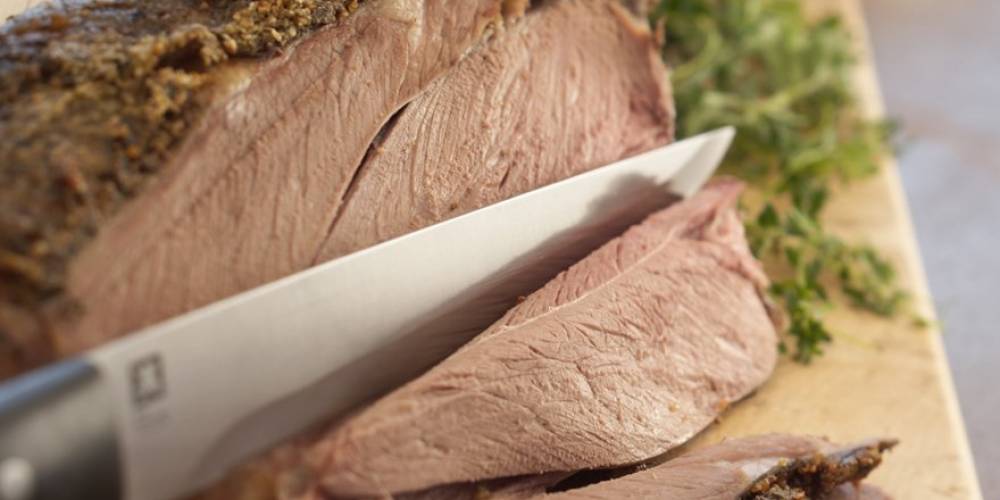
Prince’s Countryside Fund grant boosts diversity of UK sheep meat market
29th August 2017
Important work to promote the wide-ranging diversity of sheep meat in the UK is set to receive a boost, thanks to a grant from the Prince’s Countryside Fund. The National Sheep Association (NSA), working in partnership with others, is delighted to receive the additional funding to explore consumption opportunities for UK heritage sheep breeds connected to landscapes and specific products.
The study will look at the demand potential and ways of increasing the availability of products from heritage breeds, particularly opportunities for hogget and mutton. The grant, to be added to funds raised by 18 other organisations, will enable a feasibility study to go ahead.
Phil Stocker, NSA Chief Executive, says: “This is a welcome step forward for our sheep sector at a time of considerable uncertainty. Whilst standard lamb products have rightly been the main focus of national industry promotion, and will continue to be so, there is no reason why the huge diversity of sheep meat available in the UK should not be celebrated and supported in the marketplace as it is with wine, beer, cheese and many other foodstuffs.”
More than 60 breeds of UK native sheep have developed since the first domestic animal arrived from the continent some 6,000 years ago. Many can be traced back thousands of years and most have adapted in line with developments in climate, landscape, soil and forage type.
Phil adds: “The populations of many of our UK native sheep breeds have been falling alarmingly. We have a priceless asset in our UK sheep gene pool, the traits of some we are just starting to understand. These native sheep and the traditional farming systems they belong to are too valuable to be protected by agri-environment schemes alone and there must be an opportunity to create differentiation in our sheepmeat market.
“With commercial and environmental pressures causing some farmers to move away from traditional sheep farming methods and breeds, alongside uncertainties surrounding Brexit, our sheep industry would do well to look at opportunities to win back market share and add value - even if we are initially talking of niche volumes.
“The public continue to enjoy a growing market of specialist and artisan products, a repertoire which should include specialist sheepmeat products from the Southdowns, Welsh Uplands and Scottish Islands to name just a few.”
NSA will be working in close partnership with others on this niche, but essential area of work as it progresses.
Notes for editors
- Contact Bob Kennard, NSA mutton consultant, on 07415 855530 or bobk@nationalsheep.org.uk for more information. Picture credit: Bob Kennard
- Lamb is generally defined as sheep meat up to one year old. From one to two years it is referred to as hogget, and more than two years of age it becomes mutton.
- Many of the UK’s Native sheep breeds have evocative names such as North Ronaldsay, Derbyshire Gritstone, Beulah Speckled Face, Romney Marsh, Rough Fell, Hill Radnor and Lonk
- The National Sheep Association is an organisation that represents the views and interests of sheep producers throughout the UK. It is funded by its membership of sheep farmers and its activities involve it in every aspect of the sheep industry. More at www.nationalsheep.org.uk and www.nsanextgeneration.org.uk.


